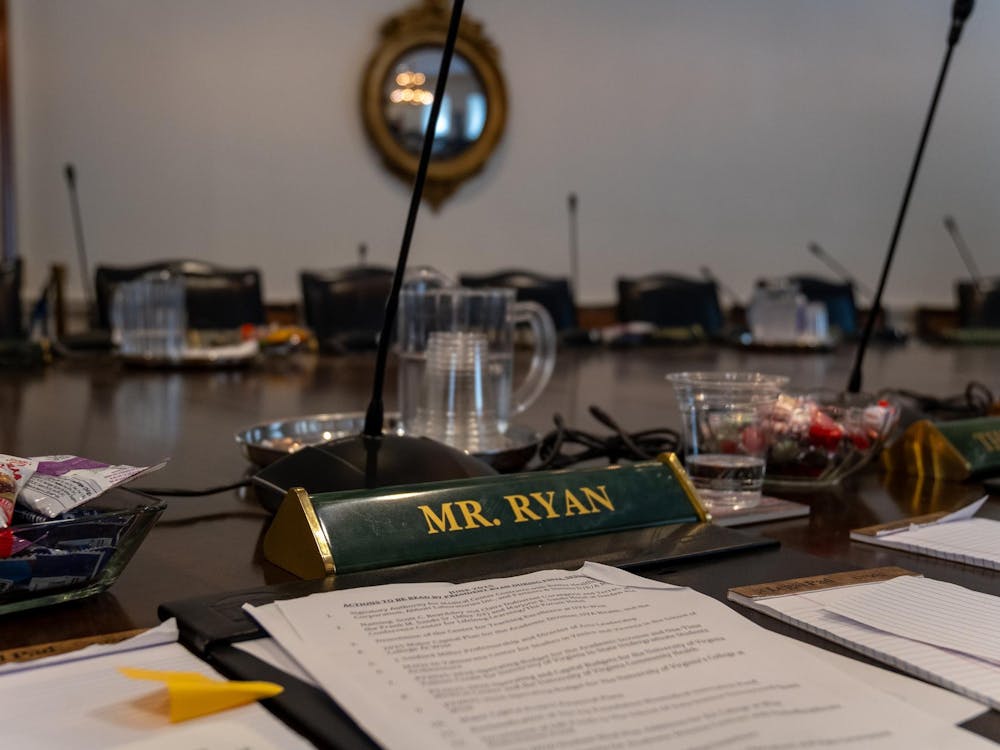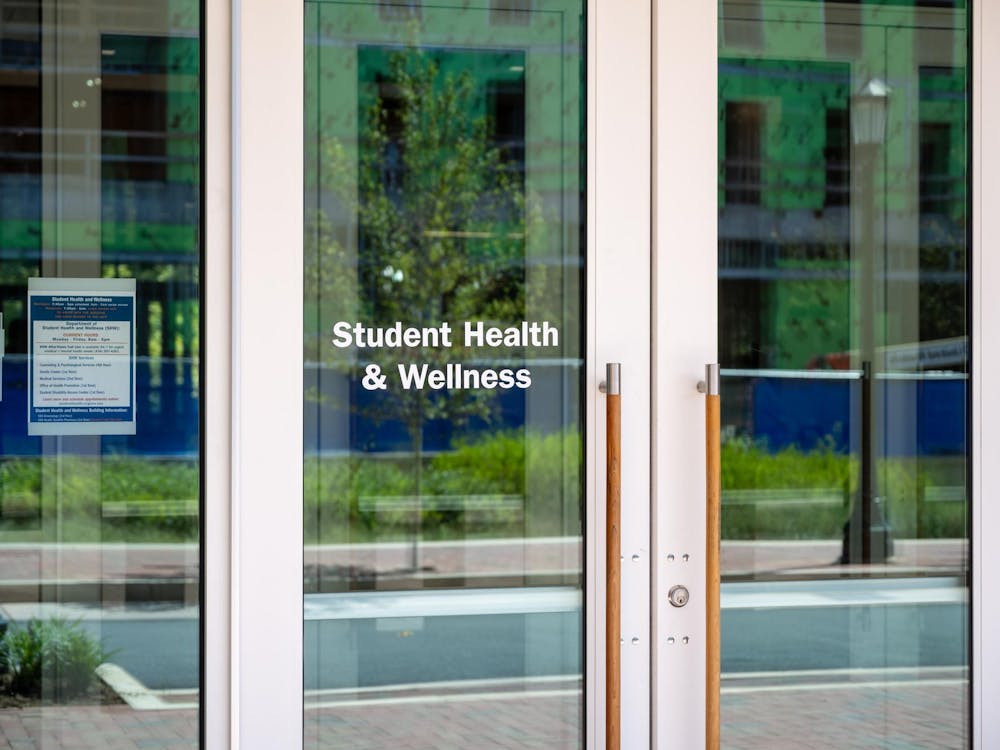RICHMOND-Although the Democratic Party suffered an unprecedented loss in Virginia's General Assembly elections last night, democratic leaders said they hope to collaborate with the Republican Party on key issues including health care reform, transportation, and public and higher education.
The Democratic Party now holds 19 seats in the Senate and 47 seats in the House of Delegates.
Last night's election results give the Republican Party a majority in both the Senate and the House, a lead which has not occurred since the Reconstruction period after the Civil War.
This shift of power probably will bring more emphasis to conservative issues in the General Assembly, officials said.
"I think some right-wing social issues will come to the forefront," Virginia Democrats Executive Director Craig Bieber said.
Issues including affirmative action and abortion will be more heavily influenced by the Republican Party, said Patrick Corey, a member of the Virginia Partisans, a gay and lesbian democratic club.
"Issues affecting the average working class of Virginians [will] not be favorably affected," Corey said.
Republicans also will have the upper hand when the General Assembly votes to redistrict the Commonwealth in 2001.
Republicans claimed the Democratic Party was unfair in the last redistricting process in 1991, but now "we'll see if the Republicans are responsible. We'll see whether they play games themselves," said Steve Jarding, chief of staff for aspiring state Democratic Party leader Mark Warner.
Redistricting under Republican control potentially could alter local politics for the next decade, Jarding said.
He said the Democratic Party's loss of Assembly control primarily was influenced by financial imbalances and negative campaign approaches.
The results "show that money talks in politics. [It shows] the power of money and that negative campaigning is handling the reins in government," he added.
Entering the campaign, Republicans held a $2.5 million fiscal advantage over the Democrats, with $9.5 million in campaign funding compared to the Democrats' $7 million.
Democratic Party volunteer Marvin Boots said the financial inequality between the parties stems from the socioeconomic differences between the parties' supporters and target audiences.
"The Republican Party supports higher economic levels of income," Boots said. "Most of our support comes from average Virginians."
Despite this financial disadvantage, Democrats managed to defeat Republicans in several tight races, Bieber said.
"We won some very competitive open seat races," he said. "And we picked up some [previously] Republican seats."
The democratic victories of W.B. Keister for the District 7 House seat, Richard Holland for the District 15 Senate seat and Leslie Byrne for the District 34 Senate seat all were surprising, he added.
Even with these successes, the elections were "very nasty" because of the Republicans' smear campaigns, Boots said.
But Democratic officials said they also noticed flaws in their own party's campaign approach.
Democratic candidates should have focused more on issues that are traditionally Democratic, Jarding said.
"Home field advantage matters," he said. "We need to come back to issues that matter to the lives of [democratic] voters."
The party also should centralize its campaign platforms and return to issues that affect local politics, Boots said.
"The Democratic Party needs to become more of a grassroots organization," he said.
Campaigns also were affected by pressures that had previously not existed for the Democratic Party because of the party's ability to maintain a majority in the General Assembly.
"It wasn't treated as a 'business as usual' kind of year,'" Corey said. But "there was more work to be done this year."
After this historic loss, the Democratic Party needs to regroup and solidify its political platform, Jarding said.
"I would say we need to challenge ourselves to put forth a positive agenda," he said.
The Democrats also plan to refocus their efforts on the U.S. Senate and presidential elections in 2000, Bieber said.
"The thing about Virginia is there is an election every year," he said. "We'll be back."






